This is one of those posts where I’ll wear both my professional hats–author, and psychologist. I want to talk about anger as a normal and even positive human emotion that deserves a spot in children’s literature.
Yes, anger. ANGER. The bad feeling! The demonized emotional state! That emotion people are told they shouldn’t feel, or that they should work to eradicate. In today’s world, we have come to a point of teaching people that if they experience anger, there might be something wrong with them (not the thing that made them angry). Worse, I see a not-so-subtle push to hint that everyone, even victims, can choose whether or not to feel anger.
As both a writer and a psychologist, my opinion about that is, UM, NO. <Oops. Did that sound angry?>
Anger, like fear, happiness, and unhappiness, is a regular, healthy human emotion. Like hunger, excitement, and pain, anger is also a physical sensation with a specific purpose. A colleague of mine in the field of psychology has survived three harrowing battles with cancer (two his own, one his beloved wife), and he said once, of pain, “It’s so simple. Pain is the body’s way of saying Look! LOOK RIGHT HERE! Pay attention to this.” Pain is the body’s alert and cry for help and care.
 Anger, likewise, is one of the mind’s attention-getters. Consider it your brain’s way of saying, “Hey! Look right here!” Think of anger as a spiritual alert that some essential aspect of you or what you value is being violated. Then find a healthy way to spend the physical energy anger generates, the purpose of which is to allow you to defend yourself or your world when that defense is needed. Yes, anger is very physical, and it needs to be spent, not stored, or it can lead to dis-ease, disease, or even violence.
Anger, likewise, is one of the mind’s attention-getters. Consider it your brain’s way of saying, “Hey! Look right here!” Think of anger as a spiritual alert that some essential aspect of you or what you value is being violated. Then find a healthy way to spend the physical energy anger generates, the purpose of which is to allow you to defend yourself or your world when that defense is needed. Yes, anger is very physical, and it needs to be spent, not stored, or it can lead to dis-ease, disease, or even violence.
And there’s the key. While anger often contributes to violence, anger does not equate with violence. Anger isn’t a choice, but usually, violence is. There are many other positive, healthy things to do with anger, like exercise, or write a fiery speech or even an entire book, make a video, paint it out, write a bill to become law, walk away from a toxic person or situation, protest injustice–the list of healthy ways to spend anger is pretty limitless. Put it to work. That’s why you have it, and why you feel it. Identify the violation, and address it productively. Anger doesn’t have to lead to harm to anyone or anything. In fact, anger can herald that historic moment when harm finally meets its match in our will, and ceases.
In the absence of violence, anger itself is not the problem. The violation that sparked it is the problem. Anger is a change agent. Sometimes it’s the situation/violator that needs to change, and sometimes it’s our own perceptions (ooooh, yes, we can ALL get angry over “nothing,” toothpaste in the sink, misperceptions–that list is endless, too).
As writers, especially children’s writers, I think we owe anger some serious attention. I hope we’ll let some of our characters  get down-and-dirty, white-hot furious sometimes, and do something productive with that emotion. We all know that children need to see themselves on our pages–and kids get angry. Ticked. Pissed off. Cross-eyed, spitting, shouting MAD. Asking them to put the feeling away, to not express it, to become “long-suffering” in the face of obvious injustice and violations–it may just distance them from what we write. It could rob them of vicarious opportunities to practice healthy spending of that energy, evaluating what caused it, and putting their anger to good use to make needed changes in our world.
get down-and-dirty, white-hot furious sometimes, and do something productive with that emotion. We all know that children need to see themselves on our pages–and kids get angry. Ticked. Pissed off. Cross-eyed, spitting, shouting MAD. Asking them to put the feeling away, to not express it, to become “long-suffering” in the face of obvious injustice and violations–it may just distance them from what we write. It could rob them of vicarious opportunities to practice healthy spending of that energy, evaluating what caused it, and putting their anger to good use to make needed changes in our world.
So, the short version is this:
Mad ≠ Bad!
Give anger a little respect!
__________________________________________
__________________________________________
Susan Vaught is the author of many books for young adults, such as TRIGGER, BIG FAT MANIFESTO, and FREAKS LIKE US. Her debut novel for middle-grade readers, FOOTER DAVIS PROBABLY IS CRAZY, published by Simon & Schuster, hit the shelves in March, 2015. Please visit Susan at her website, follow her on Twitter, and like her Facebook page.



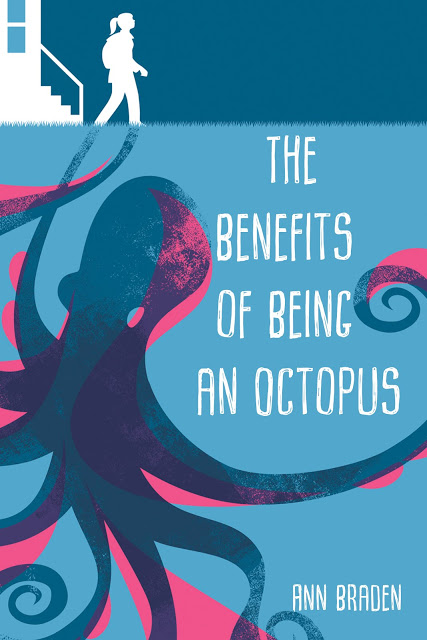
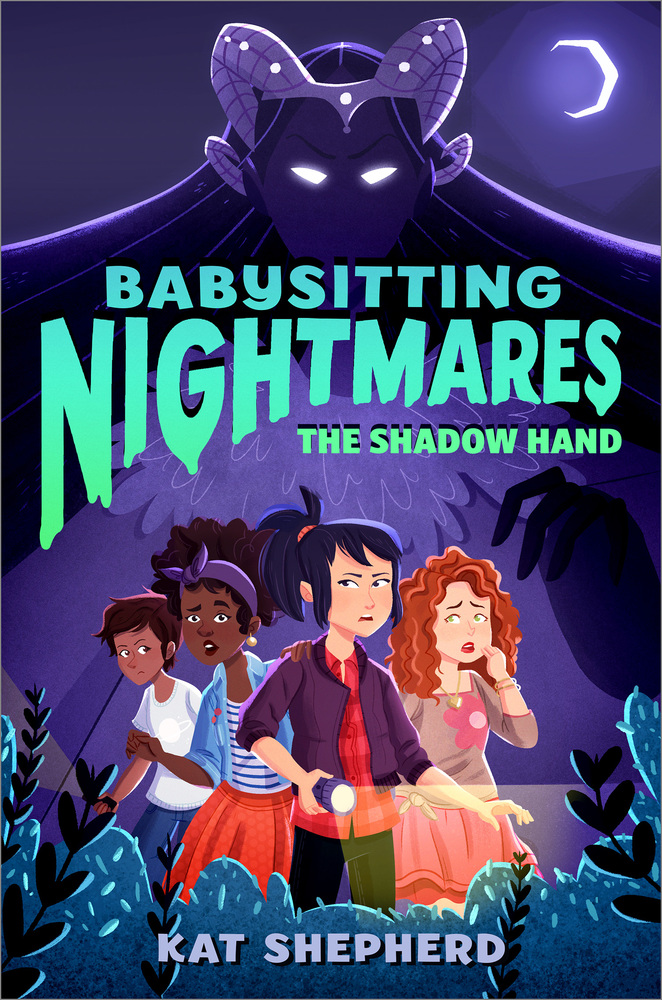
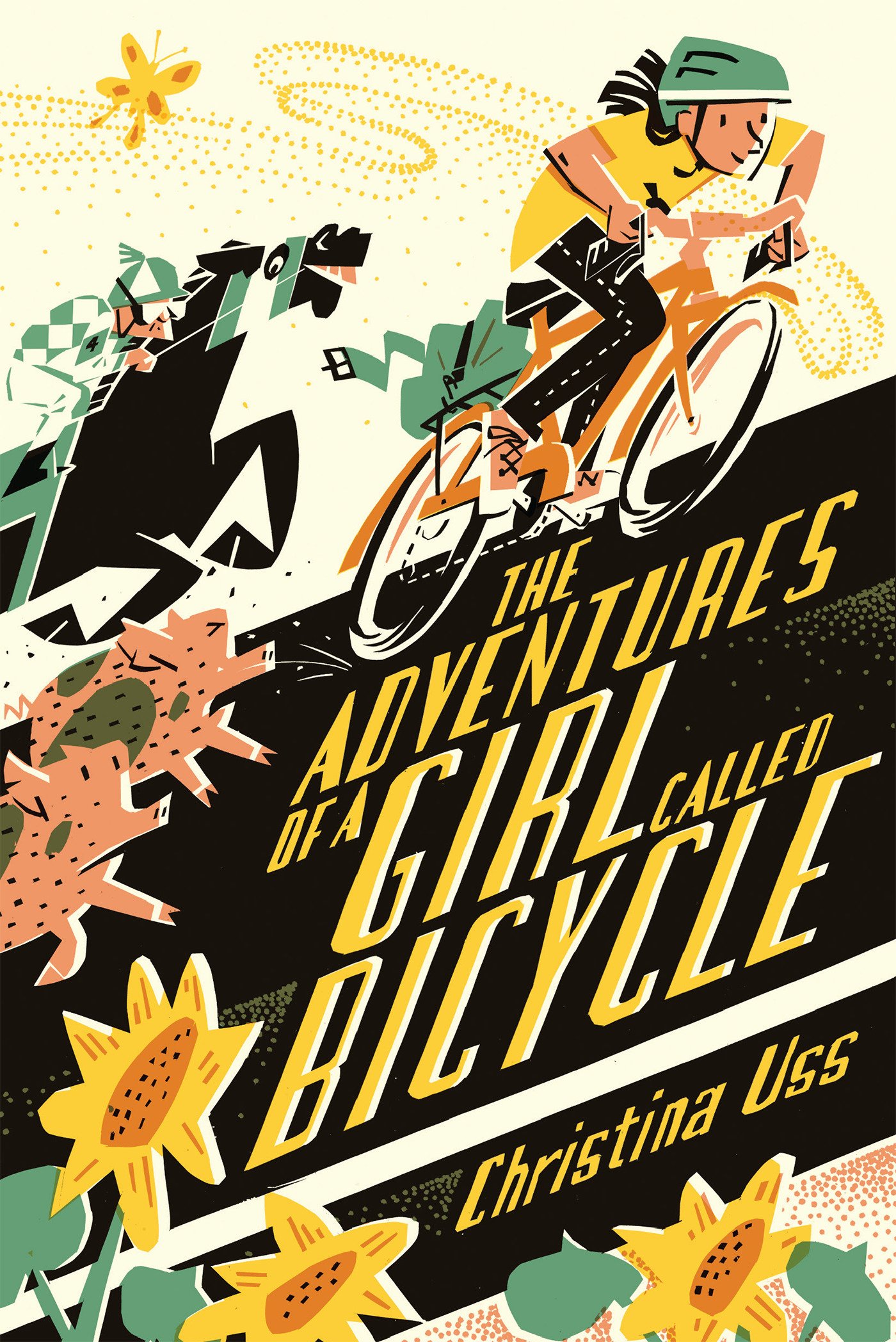





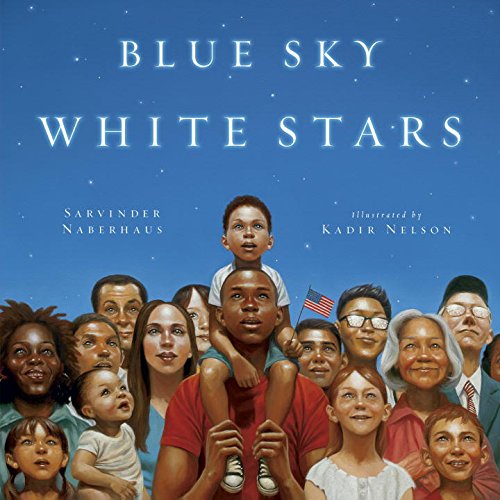


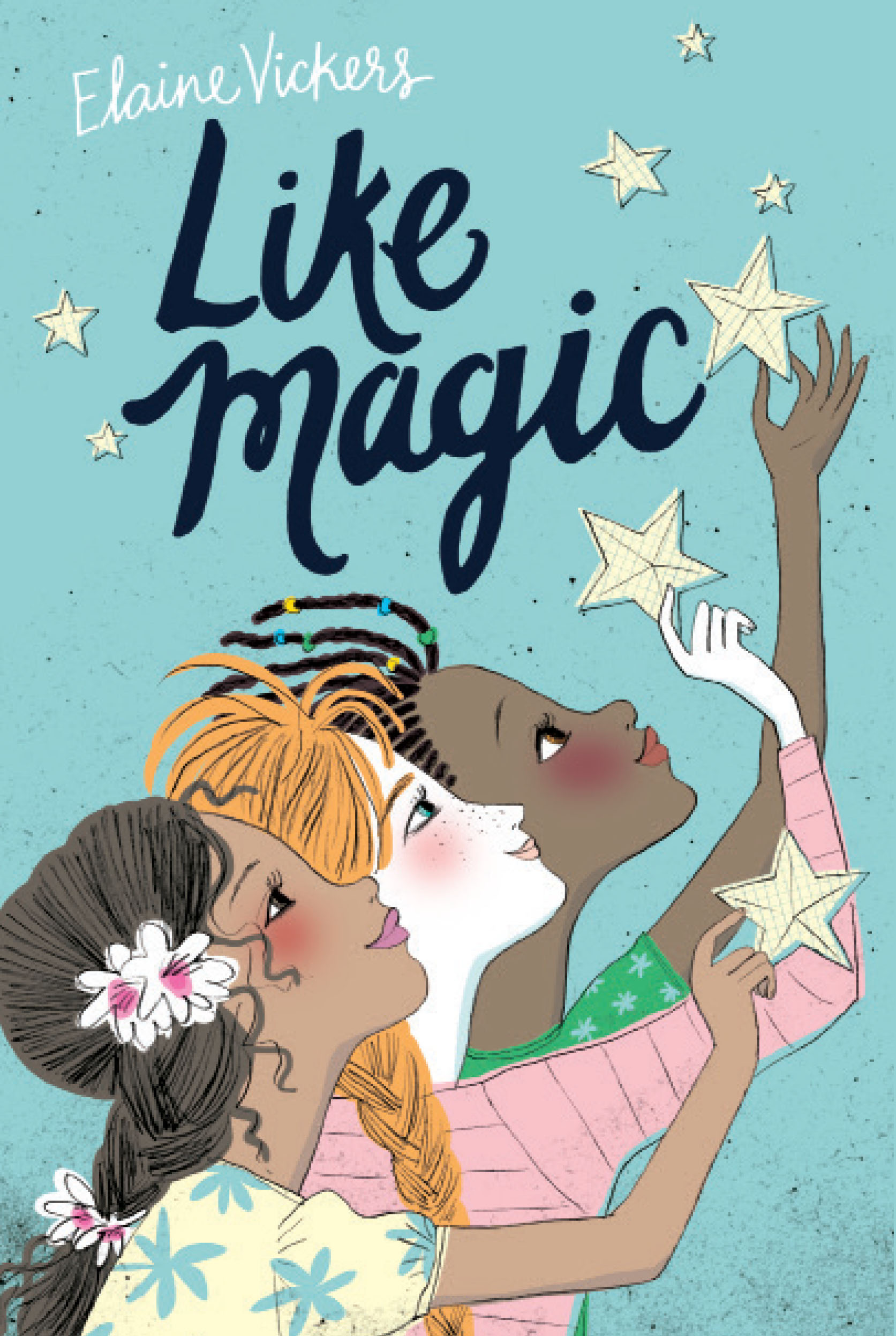
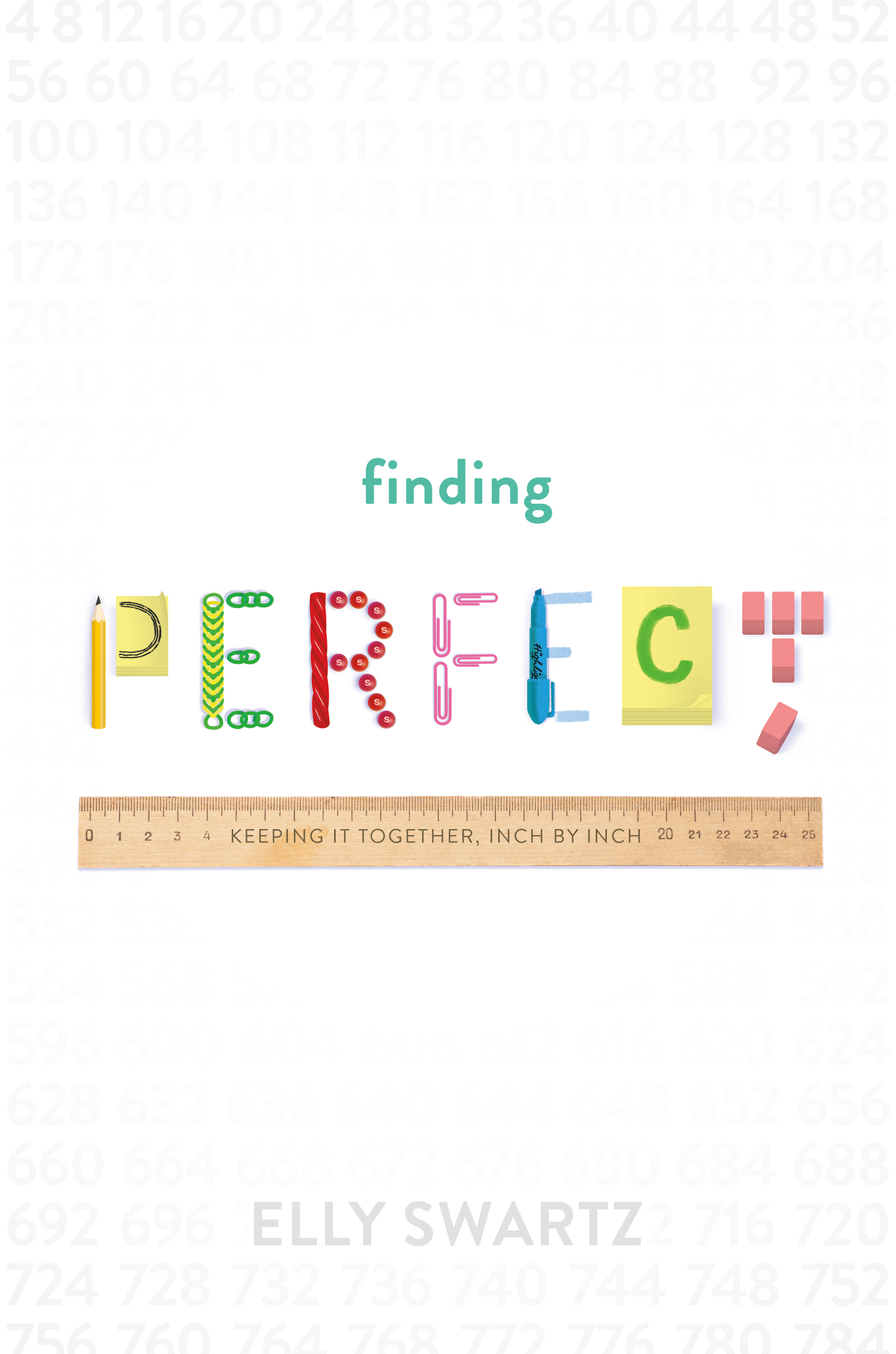


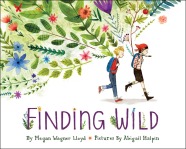
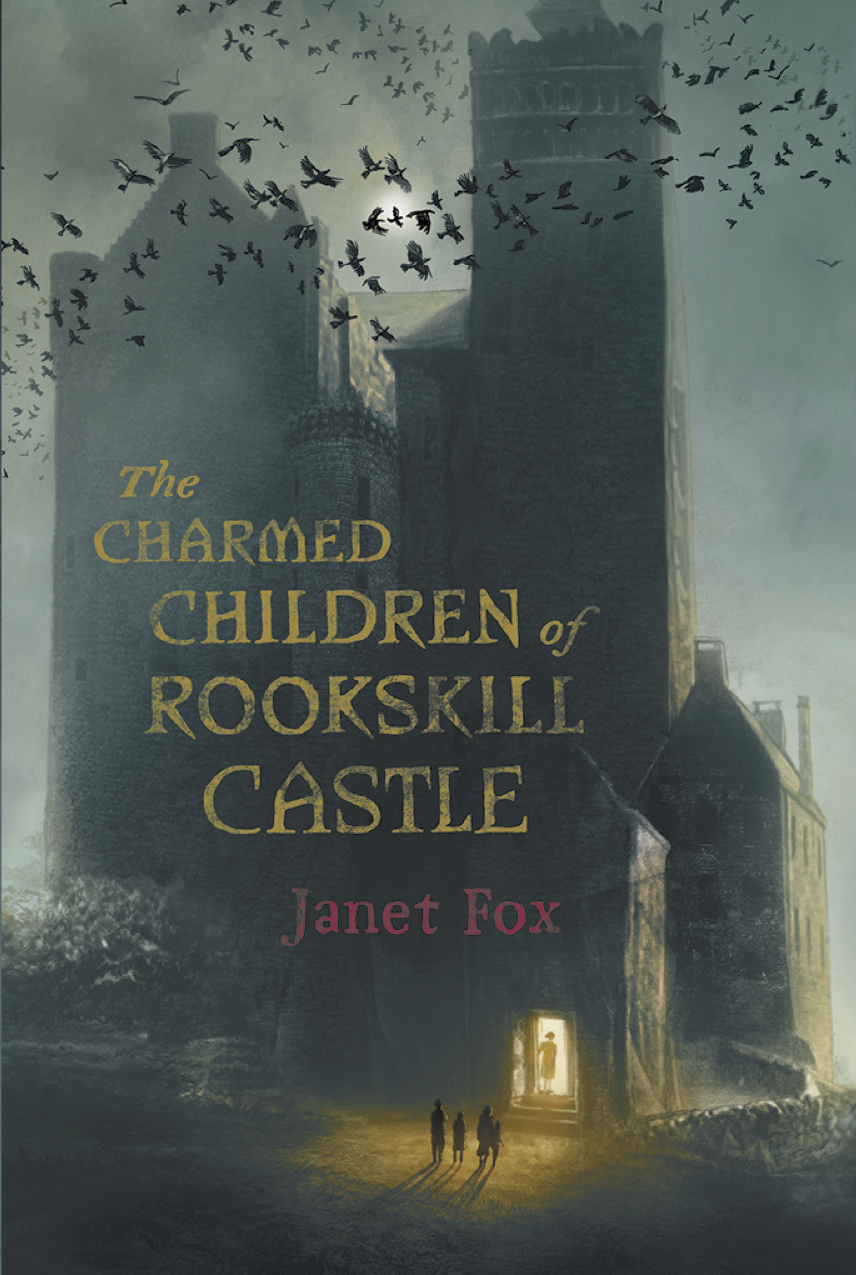
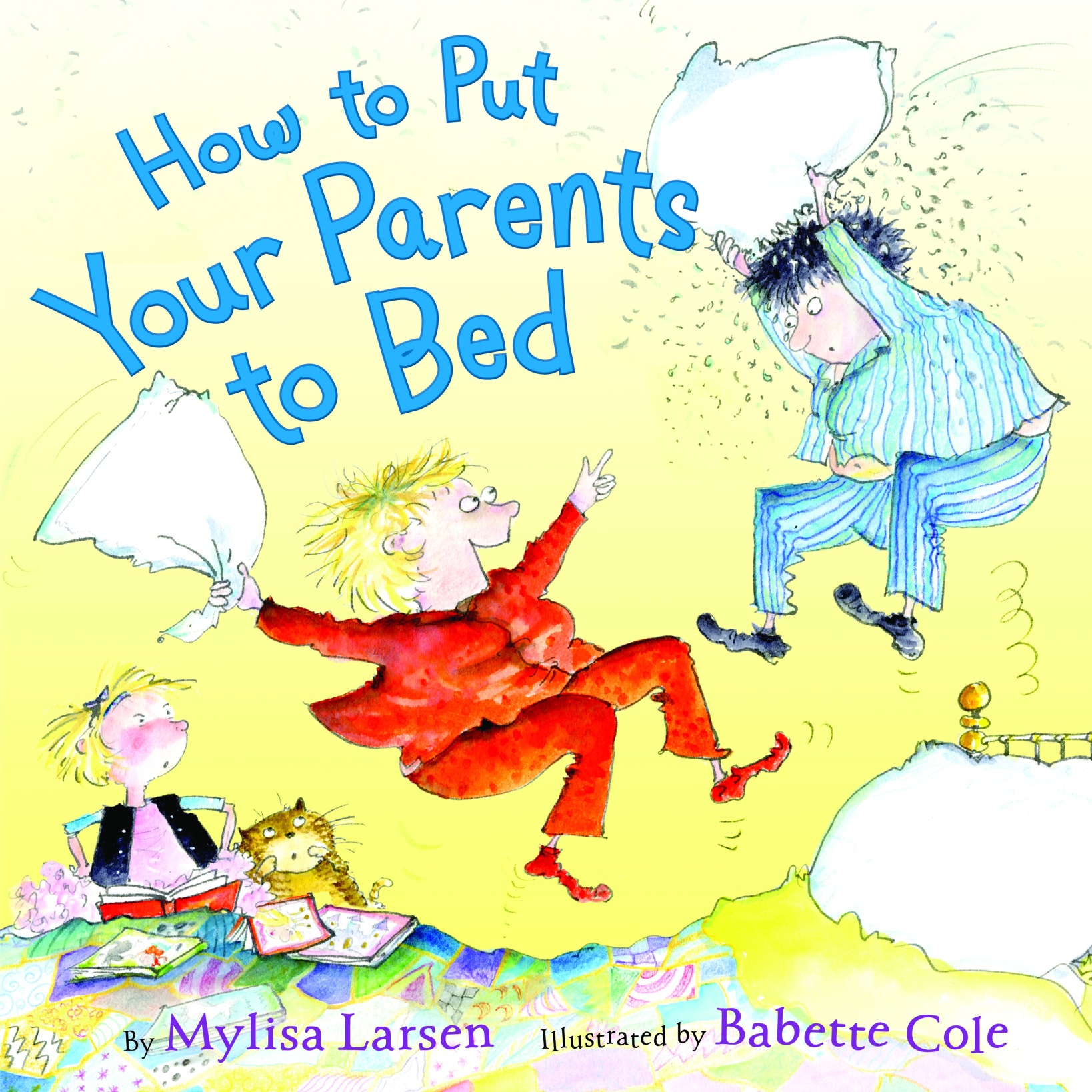
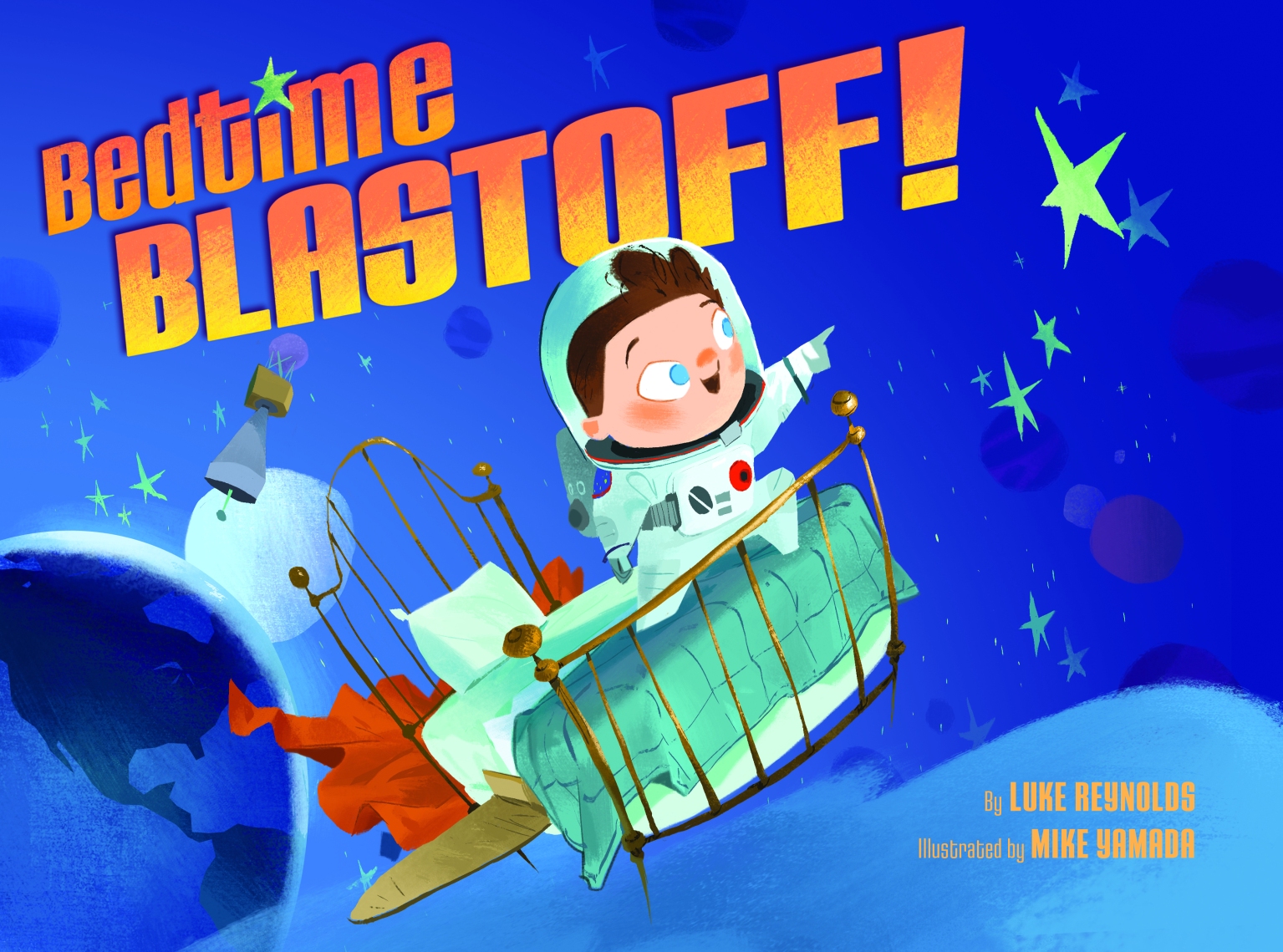


So I needed to hear this, Susan. This minute. Both my daughter and I did. Thank you…
LikeLiked by 2 people
I absolutely agree. Susan! Great post. I would also add that learning to process anger, deal with it appropriately, and then let it go is also essential.
LikeLiked by 2 people
As a former school counselor, this post spoke to me. I plan to share it on FB and my blog. Thank you for your honesty and helpful view of anger and a healthy response to it.
LikeLiked by 2 people
I so appreciate this post, Susan. I’ve thought a lot about how we invalidate anger lately. As a child, my immediate response to being hurt (physically or emotionally was to get angry, while my sisters was to burst into tears. And I spent my entire childhood being constantly told I was in the wrong, while she was comforted. The frequent response, when I told people what made me angry was, “I don’t care if she hurt your feelings, we don’t yell/stomp/slam doors/hit, etc. It wasn’t until recently that I came to realize what a huge impact that had on my self esteem as I grew up with the idea that I had no right to my emotions or that they were always wrong, no matter what triggered them. It’s, of course, complicated, and I don’t blame any of the people from my childhood, but it would have been so much healthier if my anger had ever been acknowledged and justifiable, and if someone had help me find the healthy way to release it, instead of implying I was a bad person for feeling it.
LikeLiked by 2 people
Thanks for sharing this! It’s exactly what I’m talking about, and exactly why there should be more about anger in what we’re writing.
LikeLike
Pingback: “Sharing a Plea for Anger” by Susan Vaught « A Writer's Playground
So good, and so timely. Thank you, Susan!
LikeLiked by 2 people
Such a great reminder to validate kids feelings and help them find a healthy way to release any anger they may have.
LikeLiked by 1 person
What a thoughtful and helpful take on anger. USE it. Thanks for posting.
LikeLiked by 2 people
Amen, sister.
LikeLiked by 1 person
Dear Susan,
Thank you for sharing a healthy way to look at our anger..
Never Give Up
Joan
LikeLiked by 1 person
Love your take on this, Susan. Mad does not equal bad…well said!
LikeLiked by 1 person
Love this post, Susan. Thank you for speaking out for anger. I think if we got angry in healthy ways, violence might not be so endemic in out culture.
LikeLiked by 1 person
What a great post! “Your hats” were all very helpful!
Thank you.
LikeLiked by 1 person
What an excellent and helpful post. This spoke to me as a writer, but more than anything right now it spoke to me as a mother of a 3-year-old prone to the typical outbursts and tantrums of a 3-year-old, and reminded me that it’s important to validate ALL of his feelings.
LikeLiked by 1 person
Good stuff, Susan! Often I find when I allow a character to be angry, the words flow effortlessly onto the page. Characters in this state of mind always have a lot to say, and want their voices heard!
LikeLiked by 1 person